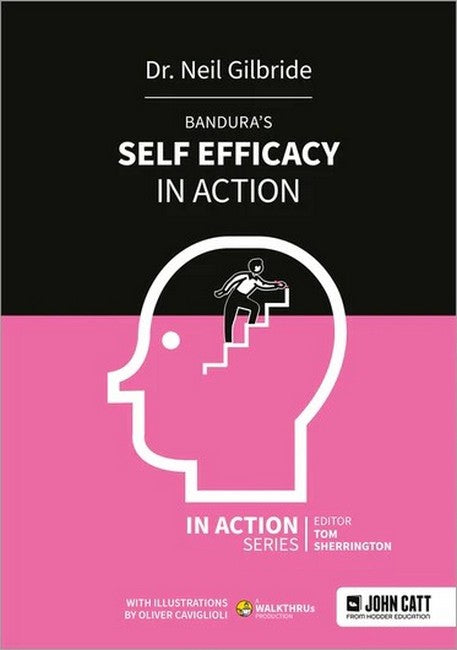Bandura's theory of self-efficacy is one of the most important discoveries in modern psychology that has transformed how we understand human behaviour. Through years of research across different disciplines, we now know that our self-efficacy is a central concept in how we behave and is critical in determining the capacity that students have to shape their own lives. The belief that our behaviour can yield a positive result within a specific domain explains many experiences that teachers face in the classroom - why, in the face of good teaching, students still don't attempt the work; why, in some lessons, students are seen to work harder than in others; why some students struggle to bounce back from failure and why student behaviour can still present a challenge. Dr Neil Gilbride CPsychol guides the reader in how we can take action to raise student self-efficacy and, subsequently, the agency that students feel in taking control of their lives and studies. Specifically, the book will explore the application of self-efficacy to three key areas - how we design our instruction, how we design practice and how we influence the behaviour of our pupils within our settings. The book interweaves insights from research with how it might look in the classroom. Succinct summaries and case studies from a range of practitioners will enable all readers to raise the self-efficacy of their students in their own classrooms and beyond.

